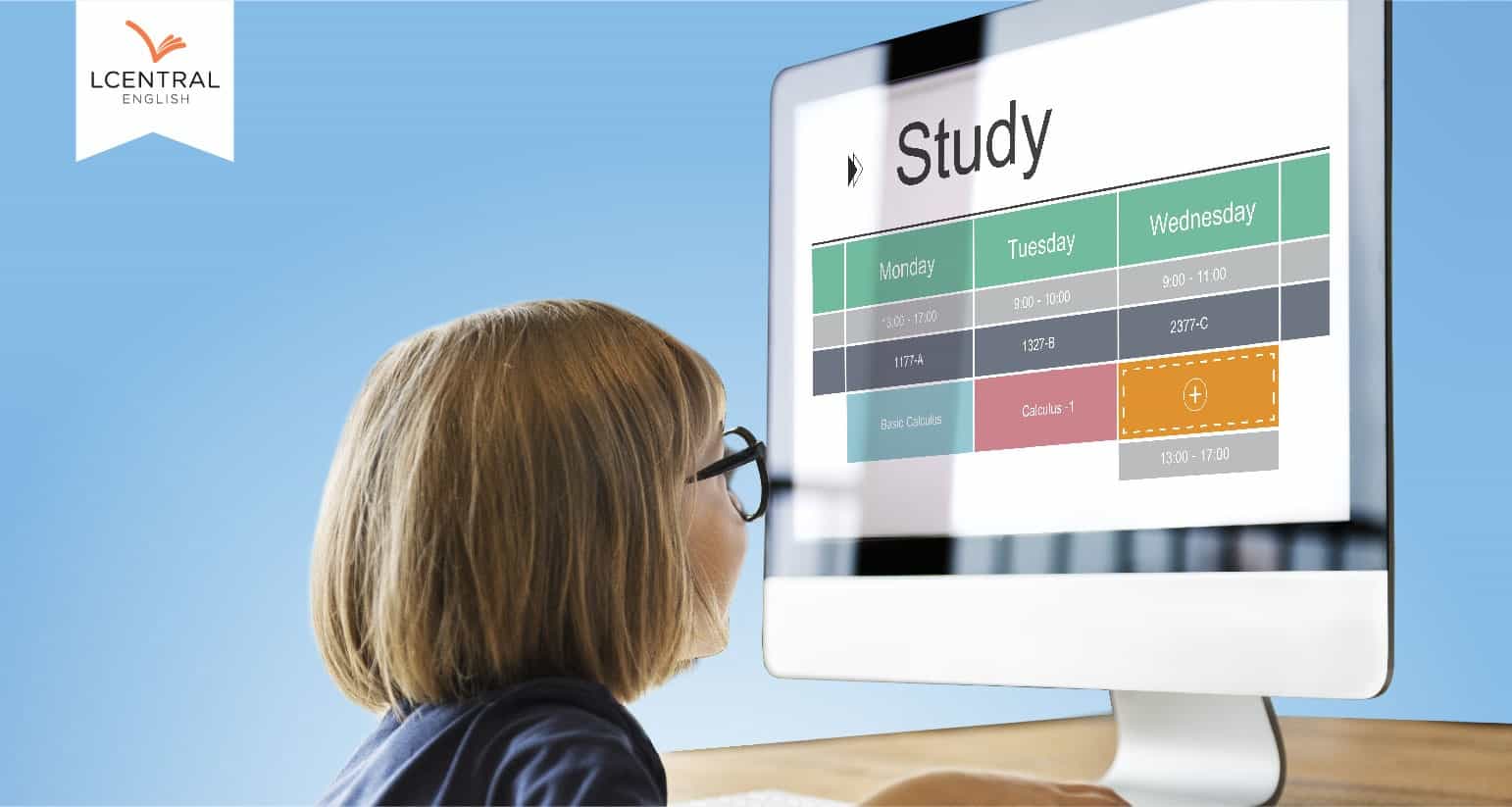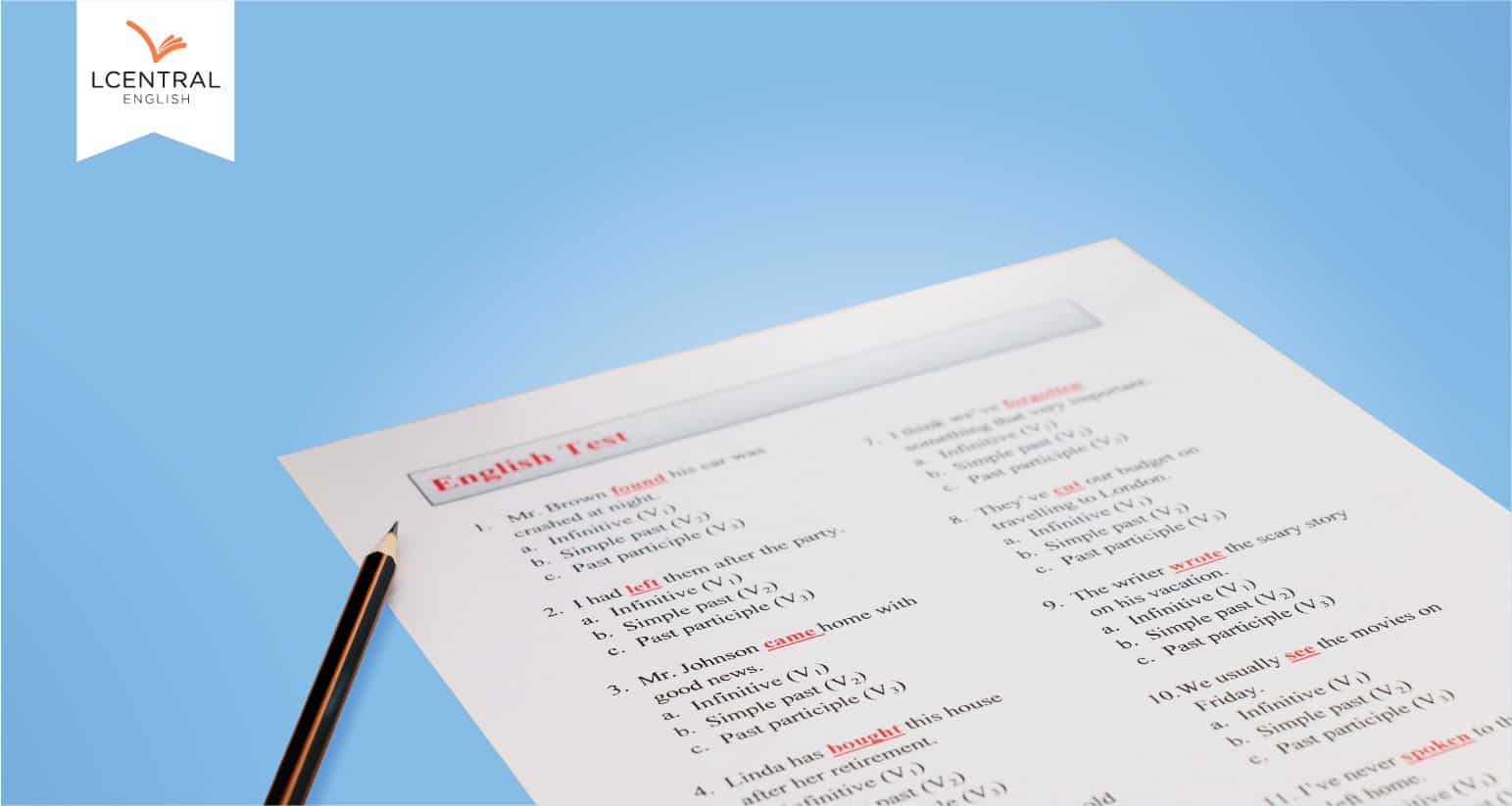Preparing Your Child for the Year-end Exams
Starting revision early and being prepared is
the best way to being exam-ready.

It’s that time of year again when students (and their parents) will be caught up in the perennial frenzy of preparing for the final-year examinations in October. So how do we gird ourselves up for this annual trial? Let’s find out!
Draw up a Study Timetable

Schools often release the exam schedule months ahead, so do sit down with your child at least a good month before the first paper and draw up a timetable.
As a rule of thumb, your child should begin studying for the subject that is the last to be tested or which they are weakest in. This gives them a longer runway to consolidate what they have learnt. A few days before the first paper, your child should begin intensively focusing on and revising for the subject so that the concepts remain freshest in their mind.
Refrain from packing in endless hours of work and do make room for pockets of relaxation, play time and rest. Our children are not machines that can operate indefatigably. In fact, cramming in too much can be counter-productive. As a guide, after a two-hour study marathon, allow your child to rest or do something else that they enjoy for at least half an hour. That way, they can resume studying refreshed and with renewed vigour.
Tailor Studying to Individual Learning Styles

Not all children learn and study the same way. Some learn best through visual means, others auditory or even through hands-on activities. Understand your child’s learning style and help them devise a mode of revision that best suits it.
For visual learners, drawing diagrams or mindmaps may help them visualise concepts better. Instead of long passages of text, break up the key points into bullet points with clear headings and subheadings for easier retention. Use different coloured highlighters or post-its to aid in flagging important information and in also organising the material.
Auditory learners, on the other hand, may benefit from reading information aloud. They can also try using mnemonics or memory devices, which often makes use of catchy rhymes, rhythms or even songs to enable hard-to-grasp information to be absorbed and retained. It’s much like how an earworm or jingle works.
Hands-on learners learn by using their hands. With subjects like maths and science, they are better able to understand concepts by using manipulatives or concrete materials such as wooden or plastic blocks, shapes, paper that is cut and folded, etc. For science in particular, they learn best by conducting experiments as opposed to merely reading about the concept.
Familiarise Your Child with the Exam Formats and Common Question Types

Merely studying and revising diligently what has been taught or is covered in the textbooks is not enough. Aceing the exam also means being exam-smart in knowing what the exams will test and acquiring the skills and strategies to tackle the questions. The best way to do this is to practise past-year school papers. Such material is available for free online.
Once your child has revised the concepts from their notes, textbooks or other revision materials, they should attempt a few exam papers, preferably under exam-simulated conditions or in a timed trial. Part of the exam battle is knowing how to manage one’s time, looking at the mark weighting for each section and knowing how to strategise in order to score the maximum marks.
The Night Before or the Day of the Exam
To prevent last-minute panic or exacerbate exam jitters, pack school bags and prepare stationery items the night before. Make sure pencils are sharpened, erasers are in the pencil case, pens don’t run dry or batteries in calculators don’t die during the exam. Ensure your child has enough sleep and set an alarm (or even two) so that they don’t run the risk of waking up late.
Prepare a good breakfast high in fibre and other nutrients that will give your child enough energy and sustain them through the exam. Supplements or other tonics might give them a boost too as sitting for an exam can be mentally draining.
Never Burn the Midnight Oil

Being prepared is the key to feeling confident in sitting for the exams. Never leave studying and revision to the last minute for burning the midnight oil the night before is never a fool-proof plan. The best approach is to work consistently throughout the year and intensify the revision efforts in the last lap.

Behind our team of dynamic teachers is a support team of English specialists and curriculum experts, who are responsible for the development and delivery of LCentral’s programmes. The Curriculum Support Team is committed to ensuring that all teachers fulfil their teaching potential. The team provides teachers not just with curriculum support but also with ongoing training and professional development.
